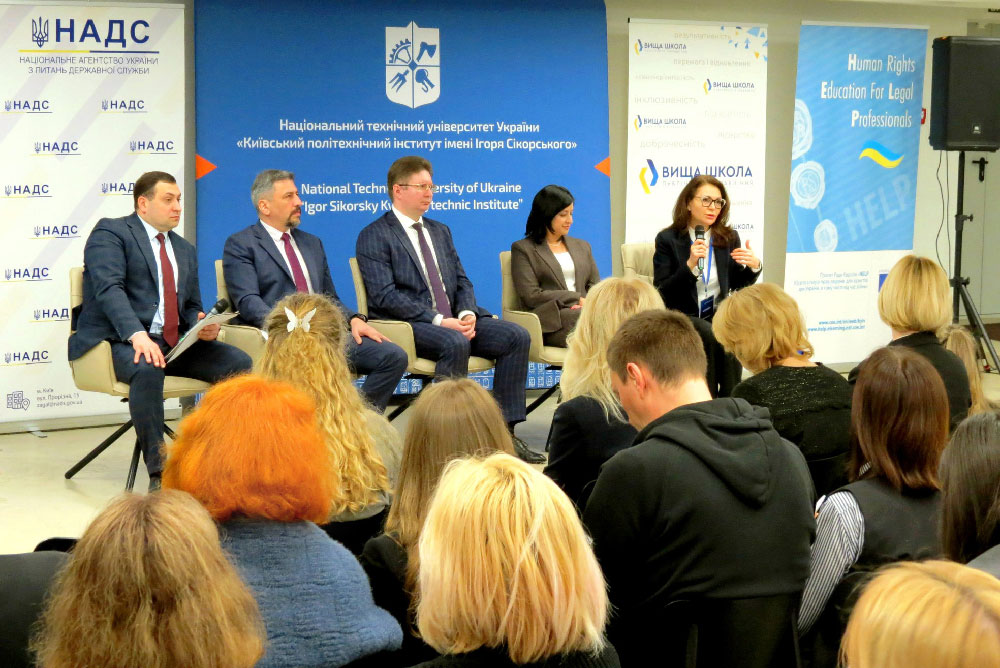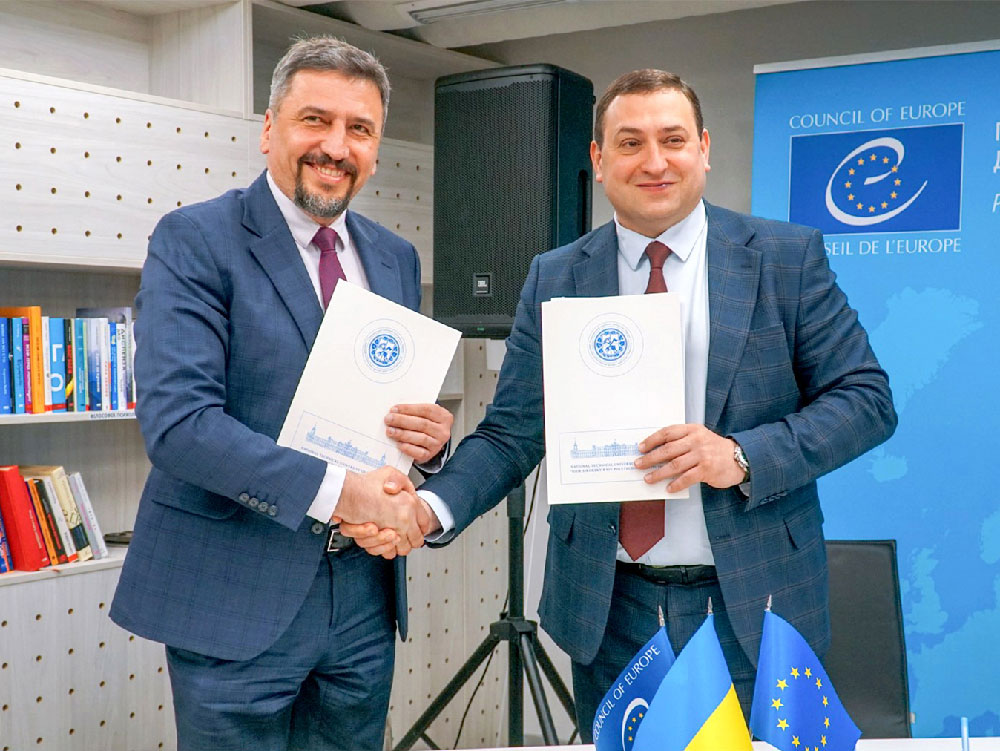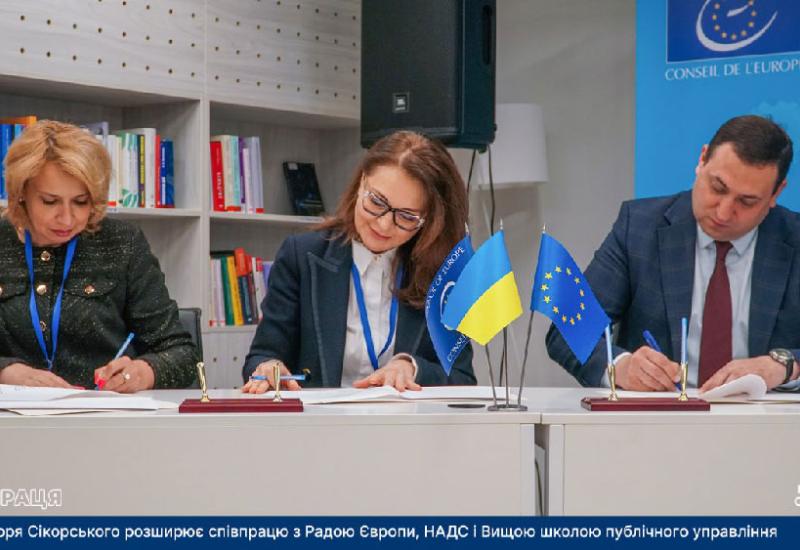Artificial intelligence, or simply AI, is rapidly entering the lives of every modern person. Even when we are not aware of it: when we receive information or advice by phone, use “smart” gadgets and surf social networks, solve financial issues, view beautiful pictures and interesting videos, study, and so on and so forth. However, it is people who are beginning to use AI in these and many other areas and spheres of activity. Artificial intelligence is becoming a powerful tool that significantly facilitates and speeds up their work, taking over many routine operations and more. Employees who have mastered this tool and are aware of its capabilities have a significant advantage over their colleagues who do not have such skills. At the same time, there are already quite a few professionals who oppose the active introduction of AI into their activities. Of course, it is unlikely that a movement of “neo-Luddites” will emerge to actively oppose the use of AI in various fields, but the debate on this issue is quite heated. This is especially true given that the arguments of opponents of AI implementation in all areas of human life are sometimes quite convincing.
Be that as it may, one area where AI can be very productive is public administration. For example, artificial intelligence can be useful for analyzing various types of information, providing administrative services, processing citizens' applications, complaints, and suggestions, and speeding up responses to them. However, there will undoubtedly be problems along the way, some of them completely unexpected. Therefore, an international scientific and practical conference entitled "The Use of Artificial Intelligence in Public Administration: Challenges, Opportunities, Prospects,“ which took place at the Smart Shelter of the KPI Scientific and Technical Library on May 16, 2025. It was organized by the National Agency of Ukraine for Civil Service, the Higher School of Public Administration, and the National Technical University of Ukraine ”Igor Sikorsky Kyiv Polytechnic Institute."
The conference focused on the following topics: “Educational trajectories for the formation of new competencies for public servants in the age of AI,” “Smart solutions for complex challenges: the introduction of AI into the management decision-making process in public administration,” "Human rights and artificial intelligence. Ethical and legal aspects of AI application,“ and ”Artificial intelligence in the professional activities of public servants: cases, tools, solutions." Civil servants, local government officials, academic and research staff, postgraduate students, undergraduates, and representatives of civil society organizations were invited to participate. The conference program also included a presentation of a project to train public administration specialists in the responsible use of artificial intelligence.
“Today we will talk about artificial intelligence in public administration and consider what changes are taking place in this area and where we are heading,” said Nataliia Alyushyna, Head of the National Agency of Ukraine for Civil Service, outlining the general theme of the forum. "In fact, we didn't even notice that artificial intelligence is already everywhere. That is, if we recall the Chinese saying, ‘God forbid you live in a time of change,’ we can say that we are living in a time of change... But be that as it may, we will, of course, use artificial intelligence and ‘tame’ it to suit our needs. At the same time, there are certain concerns about this, so we will also talk about the ethical component of its use and other aspects so as not to cause harm when using its capabilities. Because the widespread introduction of artificial intelligence has both advantages and disadvantages... But it is here, it is inevitable, and we will learn to work with it!"
Anatoliy Melnychenko, rector of Igor Sikorsky Kyiv Polytechnic Institute, said that developed countries are cautious about the introduction and use of artificial intelligence and have even begun to regulate it at the legislative level. At the same time, he noted that technology is constantly evolving and our country must be able to use all its capabilities to its advantage and make its own contribution to improving AI tools. That is why he focused on how new educational programs in this field are being introduced at the university and how existing ones are being modernized: "Even in the last year, in addition to the existing educational programs, we have introduced a number of new ones. We see that artificial intelligence is penetrating various fields, from mechanical engineering to public administration. That is why, by the way, in response to current demands, we have introduced a specific module related to the use of artificial intelligence tools into our public administration educational program... Our faculties are working very actively on the development of such tools. This is extremely important. Our university would like to position itself as a leader not only in the use and application of artificial intelligence, but also in the development of these tools...".

One of the areas where AI already feels quite confident is the information sector. Unfortunately, however, the enemy is quickly mastering the capabilities of new technologies and beginning to use them for disinformation. Some specific examples of this were given in a very interesting speech by Vasyl Slychko, senior analyst at the Center for Countering Disinformation at the National Security and Defense Council of Ukraine. In particular, he spoke about a two-part Russian propaganda network, one part of which is called “Pravda” (Truth) and the other “Zov” (Call). Pravda alone brings together over 150 resources deployed to work in countries in Europe, Asia, Africa, North America, and the Pacific region. The Zov network is designed for Ukraine's domestic audience and consists of over 40 resources localized for specific Ukrainian cities. There are also those that work for specific international organizations. According to Vasyl Slychko, in 2024, this two-component network generated almost 4 million messages based on information from Telegram channels, various propaganda resources, and so on. But Pravda is the most active: its English-language website posts up to three messages per minute. Again, these are not unique messages, but rather reposts from various sources that have been poorly translated using machine translation. Experts have found that this network is used to work with various chatbots so that they provide answers that are favorable to Russians. According to experts, it fills almost 10 chatbots with fakes, including such well-known ones as ChatGPT, Grok, Clot, Gemini, Perplexity, and others. It is clear that this activity must be met with an adequate response and countermeasures.
 In the photo: M. Yanchak and A. Melnychenko
In the photo: M. Yanchak and A. MelnychenkoSerious issues were also discussed during the panel discussions, but space constraints do not allow us to report everything that was said. Therefore, for those who are interested, we refer you to the full recording of the conference proceedings on YouTube: https://www.youtube.com/watch?v=YkKl-9G6pPQ. It is worth noting that the leitmotif in many speeches was the important idea that people should remain the key actors in any management and other decisions, with AI being only a tool, albeit a very powerful one.
Finally, it should be added that two memoranda of cooperation were signed during the conference: one between the National Agency of Ukraine for Civil Service, the Higher School of Public Administration, and our university, and the second between our university and the Office of the Council of Europe in Ukraine (in the photo).
🇺🇦🇪🇺 Igor Sikorsky KPI expands cooperation with the Council of Europe, the National Agency of Ukraine for Civil Service, and the Higher School of Public Administration
Important memoranda were signed during the international conference “The use of artificial intelligence in public administration: challenges, opportunities, prospects” on May 16, 2025, organized by Igor Sikorsky KPI in cooperation with the National Agency for Civil Service and the Higher School of Public Administration:
📌 introduction of the Council of Europe HELP courses “Artificial Intelligence and Human Rights” into the educational process of our university (in cooperation with the Council of Europe Office in Ukraine);
📌 optimization of professional training for civil servants and officials (in cooperation with the National Agency for Civil Service and the Higher School of Public Administration).
During the conference, experts discussed:
• ethical, legal, and security aspects of the application of artificial intelligence (in particular in the public sector);
• cases, tools, and solutions for the implementation of AI in the management decision-making process;
• smart solutions for AI challenges;
• new competencies for public servants in the age of AI.
Among the experts were representatives of:
• NADS;
• the Office of the Council of Europe in Ukraine;
• the Verkhovna Rada of Ukraine;
• the Ministry of Digital Transformation of Ukraine;
• the National Security and Defense Council;
• the Higher School of Public Administration;
• international experts from Finland and Poland, among others.
📌 1200+ viewers from several countries during the live broadcast;
📌 500+ participants on Zoom
Video recording of the live broadcast of the conference on YouTube

